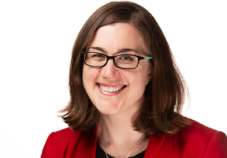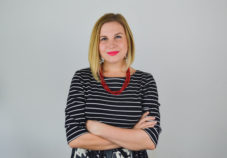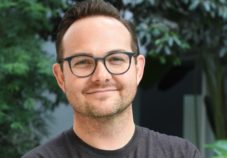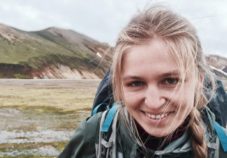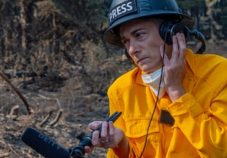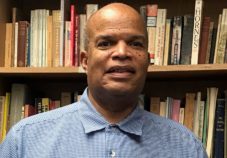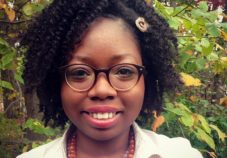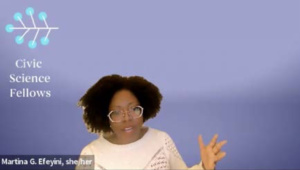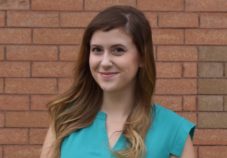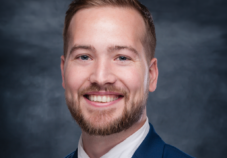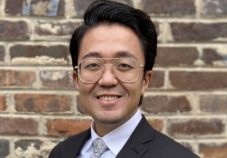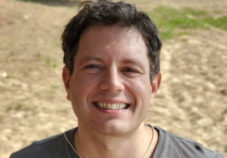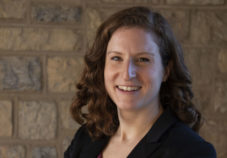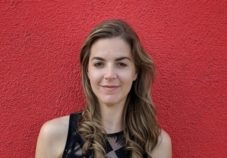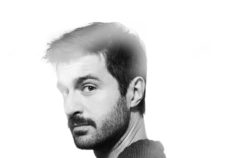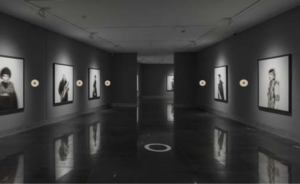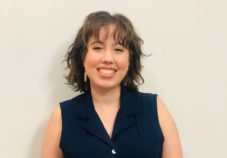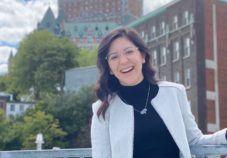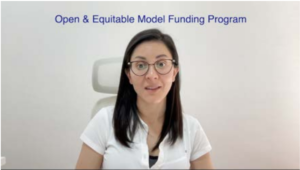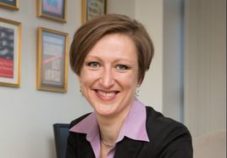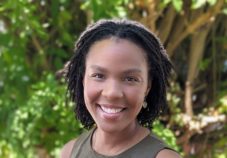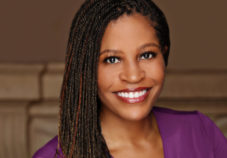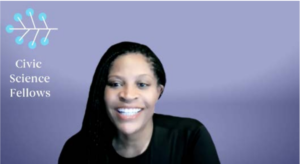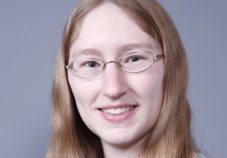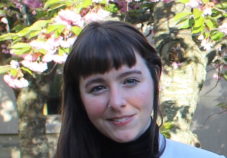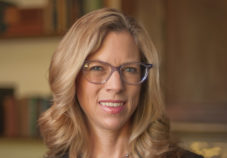
Project focus: Michelle will investigate science-related misinformation in social and online media and how audiences interact with it, as well as develop and test potential interventions.
About Michelle
Michelle A. Amazeen is Director of the Communication Research Center and an associate professor in the Department of Mass Communication, Advertising and Public Relations at Boston University. Michelle’s research program examines mediated persuasion and misinformation, exploring the nature and persuasive effects of misinformation and efforts to correct it. She employs a variety of qualitative and quantitative methods to yield results with practical applications for journalists, educators, policymakers, and consumers who strive to foster recognition of and resistance to persuasion and misinformation in media. Her work has been previously funded by the American Press Institute and the New America Foundation and has appeared in academic publications such as Communication Monographs; Digital Journalism; Journalism; Journalism & Mass Communication Quarterly; Media, Culture & Society; and New Media & Society. She is among the team of 22 prominent scholars from around the globe with expertise in misinformation and its debunking who contributed to The Debunking Handbook 2020—a consensus document summarizing the science of debunking for engaged citizens, policymakers, journalists, and other practitioners. She is also a contributor to “The COVID-19 Vaccine Communication Handbook,” a practical guide to help fight the spread of misinformation about the COVID-19 vaccines.
HTTPS://WWW.BU.EDU/IGS/RESEARCH/PROJECTS/FOCUSED-RESEARCH-PROGRAM/
HTTPS://JOURNALS.SAGEPUB.COM/DOI/10.1177/10755470221111558
HTTPS://WWW.SCIENCEDIRECT.COM/SCIENCE/ARTICLE/PII/S0363811122001060?VIA%3DIHUB
HTTPS://IJOC.ORG/INDEX.PHP/IJOC/ARTICLE/VIEW/19795
HTTPS://WWW.BU.EDU/ARTICLES/2023/CLIMATE-CHANGE-NEWS-MIGHT-BE-GREENWASHING-AD-INSTEAD/
1. What was the focus of your work as a Civic Science Fellow? What did you do?
Given rampant misinformation, my team launched a three-phase study to explore two broad questions: 1) Which are the most science-misinformed communities, and 2) what are effective ways to combat science-related misperceptions in social media?
In phase 1, we investigated the types of science-related misinformation topics and messages that receive amplification and by which sources. We know that marginalized groups in the U.S. have experienced a plethora of racial and ethnic inequities and that global issues such as climate change and the COVID-19 pandemic have further amplified these disparities, increasing distrust in science. Moreover, while misinformation is pervasive on social media platforms, we find that corporate and special interests often create narratives that are perpetuated not only by social media but via corporate mainstream media, as well.
In phase 2, we conducted focus groups among Blacks and Latinos who qualified as misinformation-susceptible audiences to discuss their engagement with and perceptions of science. While participants were familiar with best practices of understanding the source of information and triangulation, they were highly distrustful of authority figures, celebrity testimonials, and fact-checking strategies that attempt to combat online misinformation. Most were receptive to an inoculation message that forewarned about dubious strategies rather than refuting specific claims.
We are beginning the final phase of the project: selecting the most influential misinformation messages across topics and conducting a laboratory experiment among a nationally representative sample of U.S. residents to determine which of the interventions modified from phase 2 are most effective at mitigating scientific misperceptions.
2. How do you hope your work as a Fellow will influence the future—for yourself, an organization, a community, or a field?
As a communication researcher, my work as a Fellow has enabled me to collaborate with other scholars I may not have had the opportunity to work with to advance a program of research addressing a topic of increasing importance and complexity: scientific misinformation. I now have a network of Fellows with whom to share ideas about continuing my research and supporting them in their own projects. I plan to engage policy-makers to assist in efforts to further develop interventions that will reduce public exposure and consumption of scientific misinformation.
3. What’s one insight you’d share from your work as a Civic Science Fellow?
While I understood the project I designed would be collaborative in nature, I enjoyed a much more extensive collaboration process from the Fellows network as a whole. Despite very different objectives and approaches to our work, I found our cohort welcoming and inclusive as we each aspired to build community engagement with science or address problems rooted in science.
As for an insight from my project on scientific misinformation, there’s a lot of distrust in the public, especially among marginalized groups. A lot of this distrust is of our own making through policies, practices, and values we have adopted. The way our communication systems are structured perpetuates some of this distrust and most of the misinformation.
